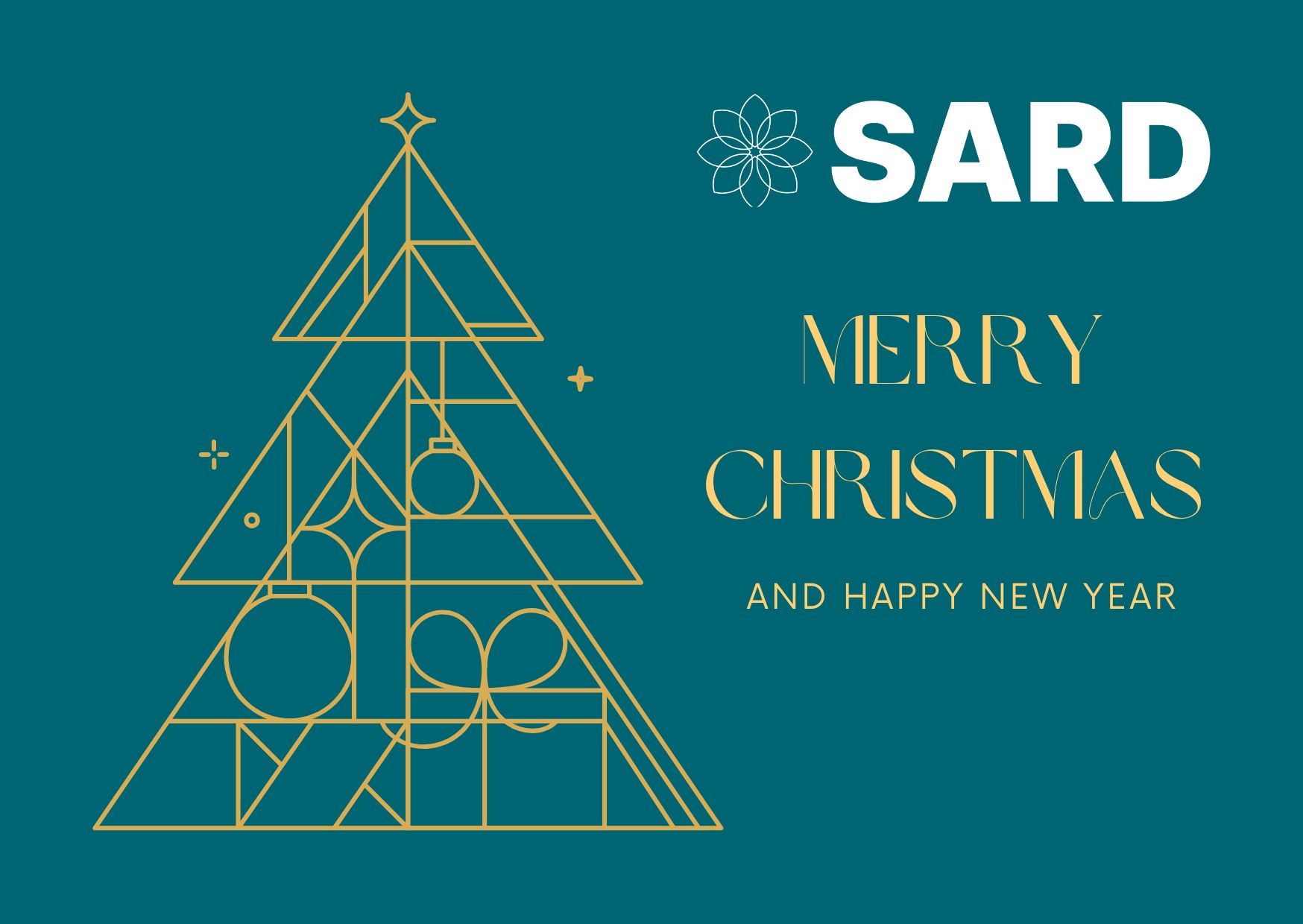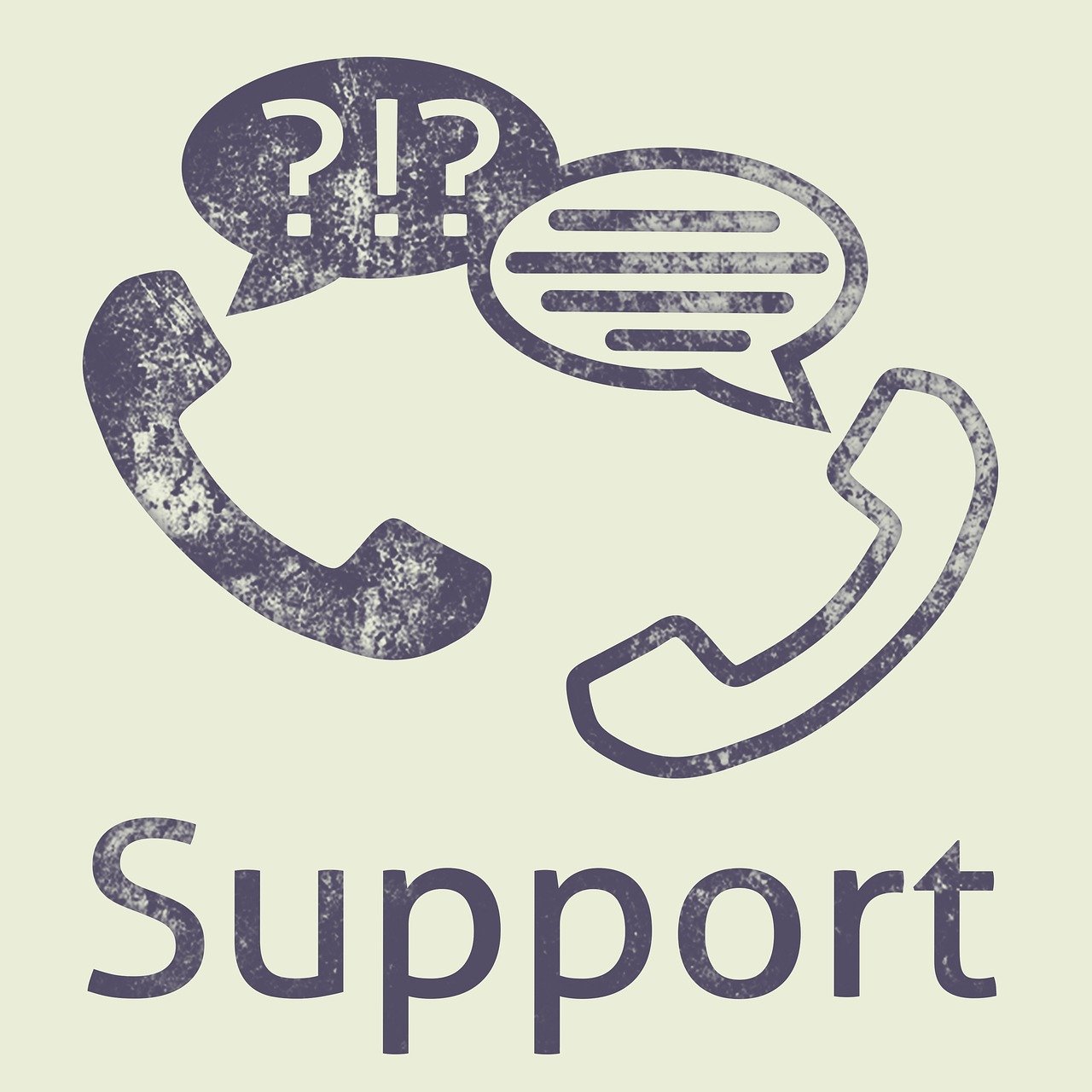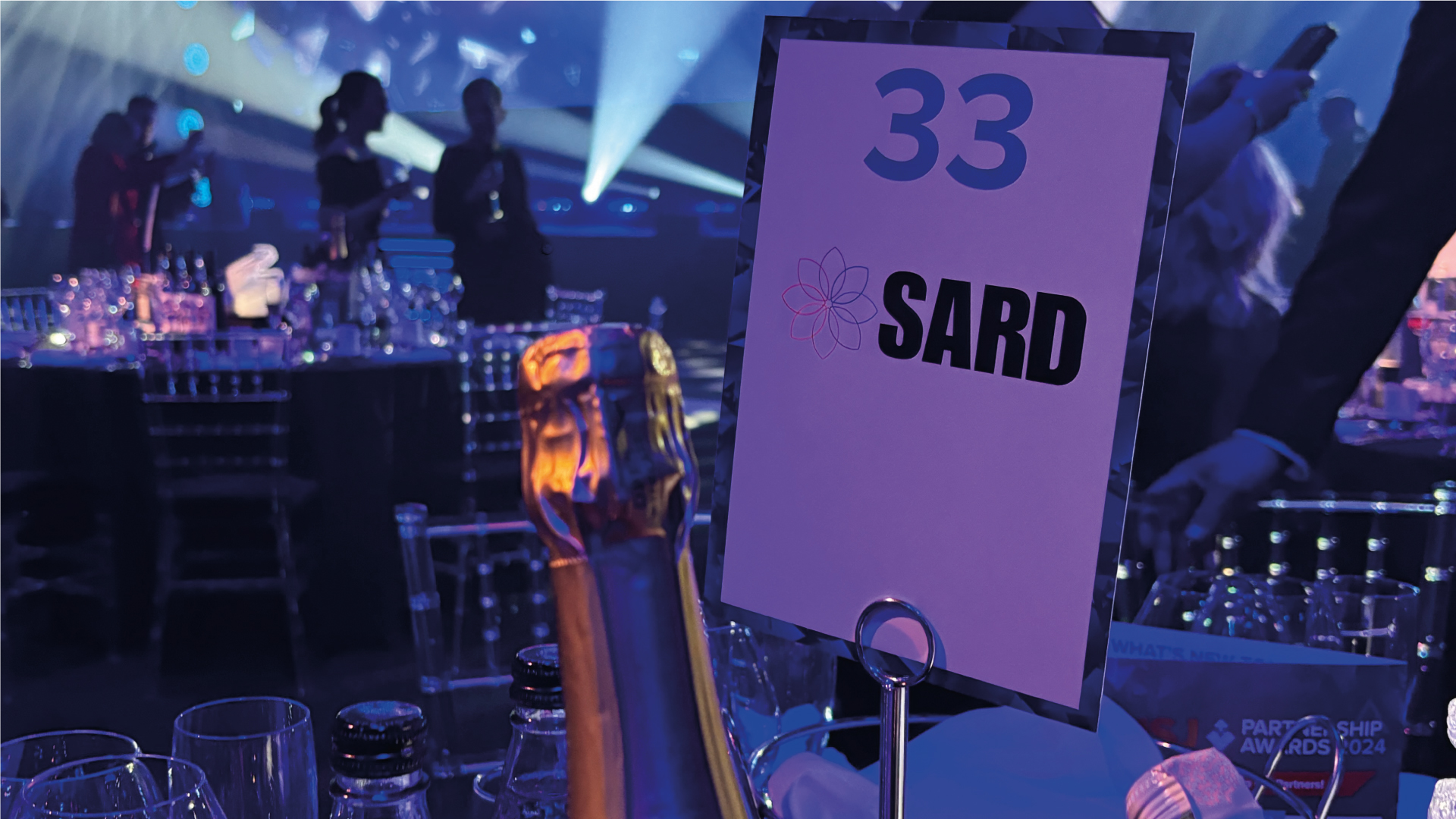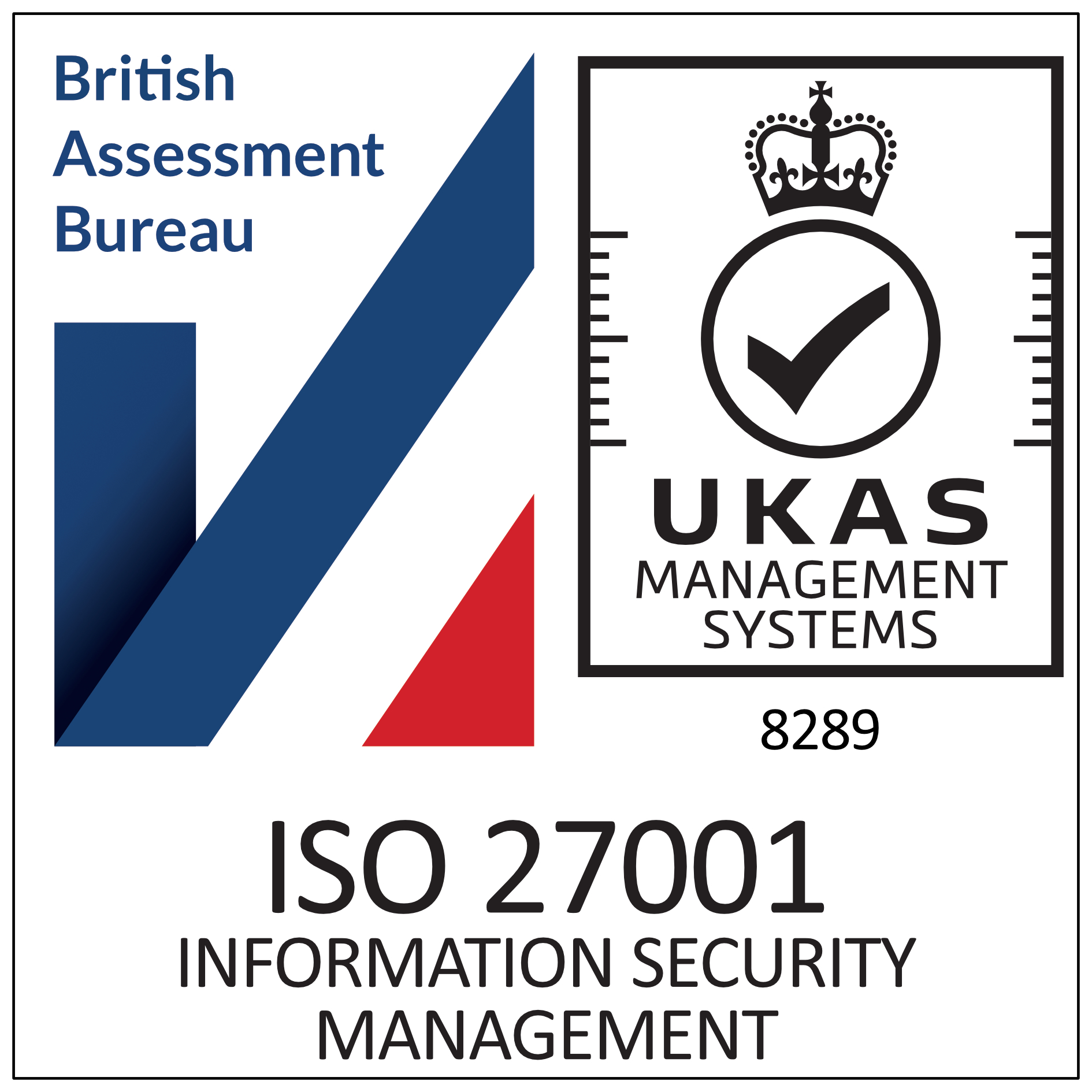A chance meeting that changed my life
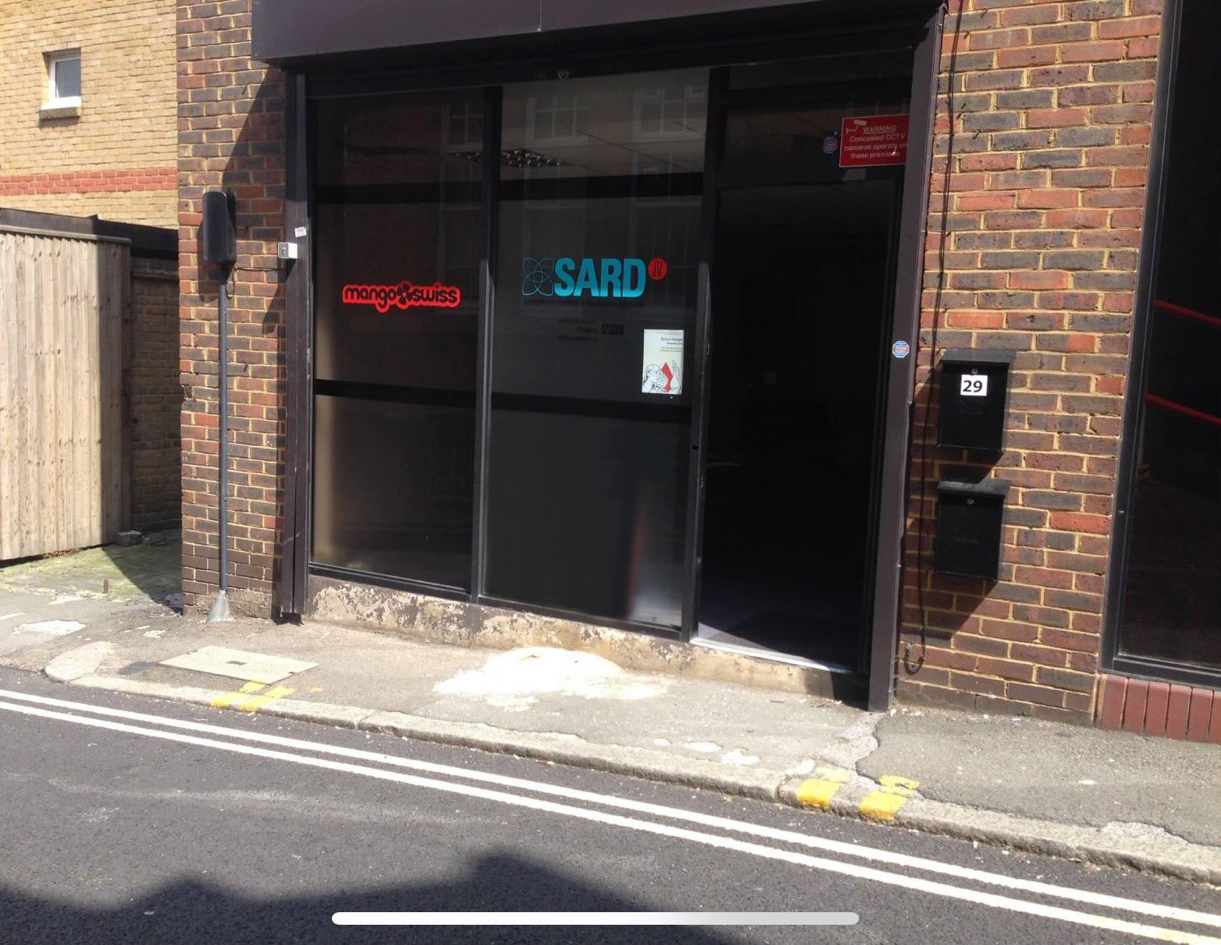
It was about 12 years ago, I was having a crisis. I had just been asked to work out how to ensure that the learning and development compliance records were accurate and meaningful. Which, if you know anything about the NHS, mandatory training can be a minefield.
Suddenly I heard a knock on my door. It was my colleague Jeff, he asked if I had a minute. ‘Of course not’, I thought, ‘I have a million problems to solve.’ But I waved him in anyway. With him he bought a friend, who he happened to be chatting to in a pub the night before, Kevin. I remember Jeff saying, ‘I really think you should speak to this guy, I think he can help us’. I did not hold out much hope, there was a professional dress code in my Trust and Kevin turned up in a pair of shorts. We got talking and it turned out he was a software developer. During our chat the topic of conversation turned to my current crisis.
What he told me and the following work we did changed not only the way I approached things and how I operated, but the entire course of my career. He started by telling me, ‘to compete on simple’ meaning take a problem and find the simplest solution to it. Which he then told me is the hardest thing to do, but equally the most powerful. I know it doesn’t sound like a ground-breaking idea, but in this context and the crisis I was in, it was a revelation. There was more, Kevin also stated that we should not waste resource, energy or time completing tasks that technology can do for you. We should remove the mundane and retain the human element to do the things that computers just can’t do. It was clear that we had common interests and principles which were to use technology in turn freeing up individuals allowing them to engage in quality processes.
We worked out what was needed – not just what was wanted – and we worked the problem from there. This led to the development of a solution called Pandora, a system that, according to some, could not be done. So powerful was this solution it changed the dynamics of even the trust board meetings. No longer did the Exec Team spend an hour each month arguing over the learning and development figures, in fact that was cut down to a maximum of five minutes. The solution delivered solid, accurate and trusted data at the touch of a button removing any debate or interpretation.
What this meant was my team could spend time working on the quality aspects of the issues we were facing. There would be no more data crunching to provide figures based on compliant or non-compliant states. This information was live and largely automated with the solution in place, so they could spend time improving the quality of the courses available to achieve the compliance required. We were now in a different place: engagement and compliance increased from 20% to 90% in the first year. The Care Quality Commission (CQC) were happy; NHS Litigation Authority (NHSLA) were happy; the auditors were happy and, most importantly, the trust was happy. I had found the solution to my problem and was able to apply it to all future problems that we faced. Simple and easy did not mean cutting corners to save time, it meant solving the problem to create time.
Why am I telling you this? Well, this new approach became one of the cornerstones of the future business we did not know would exist at that time. Creating effective technology which is simple to use and can transform what you do and how you do it. Investing wisely in the right solutions and making good technical choices is vital to having a marked positive impact on the work that you do. Opening my eyes to ‘competing on simple’ and making technology work for me was the catalyst to positive change.
A chance meeting in a pub led to a chance meeting in my office which changed my life for the better. Sometimes solutions are obvious, sometimes they seem insurmountable, but if you work from the problem you are trying to solve instead of the solution you think you need you will eventually find the answer. Just make sure it is as simple as it can be. All problems can be broken down to their component parts and then can be resolved in a simple fashion. That is essentially why, 12 years later, we still focus on discovery, consultancy, process mapping and, where needed, bespoke development.

On a personal note, I would say the real advice here is that in good times and bad, always listen, learn, act. Also… take those chance meetings – you just never know how they may change your life.


